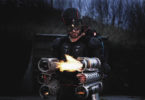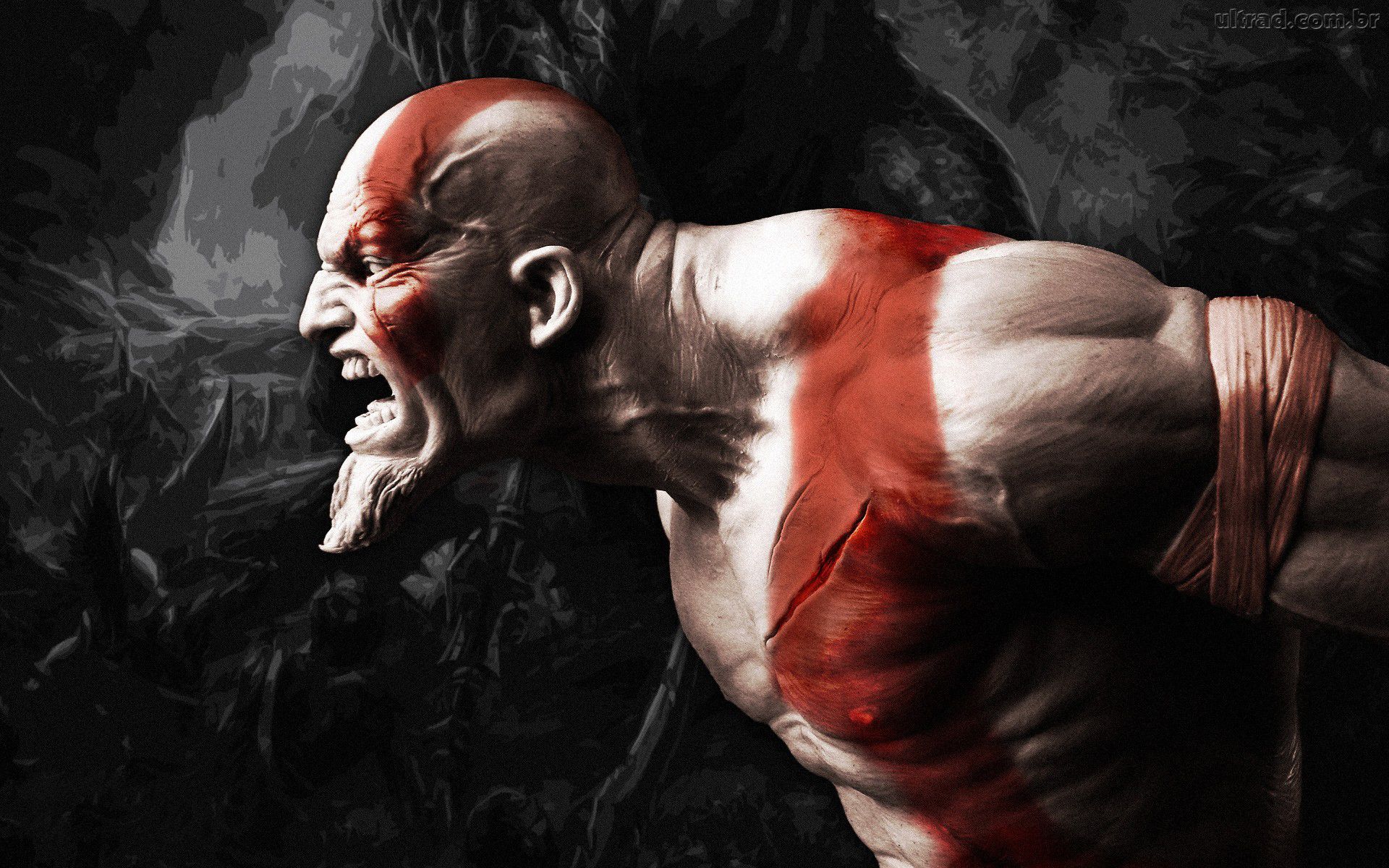First, look at this.
That’s what some pianists call the B section from Beethoven’s Für Elise, also known in my brain as the Hard Bit (there’s another Hard Bit at the end, but that’s just a load of fast arpeggios followed by a descending chromatic scale, not the mix of technical challenges here). A year ago, I wouldn’t have been able to even comprehend it, let alone play it. I had a vague idea that Every Good Boy Deserves Favours, but that was as far as my musical knowledge went. I didn’t know the difference between the bass and treble clefs, what grace notes or sixteenths were, or even how to play sharps and flats. I didn’t know what an arpeggio or a chromatic scale was.
Now, I can read that and play it.
This isn’t a You Can Do It post.
A year ago, my dad got ill. The details aren’t really important for the next part, except to say that it got very bad, very fast, enough that I moved in with him to look after him full time. Those were difficult days: I was still working a bit (though my work was extremely understanding), trying to keep my fun-loving, sleep-hating two-year-old away from my wife for long enough to keep us all sane, and filling my days with doctor drop-bys and tube changes and family visits and trying to talk to my dad about all the stuff I wanted to before the end. I was very lucky: I had great colleagues, a supportive wife, and good friends. But it wasn’t any fun.
For all of my life, my dad was a musical dabbler. One of my strongest memories of being a kid is him playing the guitar while we sang Beatles songs and James Taylor tunes with my mum – just chords, because he never learned to read music. He liked to fiddle about and experiment, and he did not like take instruction. By the time I moved back in, he’d somehow acquired an old accordion (‘some of the buttons stick’), and a beautiful full-sized double bass that he’d learned a few notes on. He had a beginner violin with a few neat notes on his early research into how to play it in an exercise book tucked into the case (I found the book, and kept it, later). He had eight guitars, all strung left-handed (he made me promise to keep his favourite). He also had a keyboard.
It was all right. A Yamaha E323 with Bossa Nova and Percussion settings and an LED screen that lit up to show what notes you were playing. It had 63 keys, which isn’t bad, and a ‘dynamic’ note setting even though they weren’t weighted (I later found out that this is important). It sounded, I thought, pretty good.
I was 40. I couldn’t read music, or play another instrument (apart from a handful of horrible-sounding chords on the guitar, not enough to do a song with any sort of confidence). I decided to learn to play the piano.
I’d sort of wanted to for a long time. There were a couple of piano tunes I really liked, and something about pressing buttons – the clarity of it, the binary yes/no of whether you’d done it right or wrong – appealed to me in a way that other instruments didn’t. I’d played guitar, but I never really wanted to be a Guitar Guy – the kind of person who plays in front of a crowd or starts plucking in a crowded park. You take your guitar to places deliberately, but pianos are more serendipitous – people only put them where they want you to play them. (If this was a You Can Do It post, this would be tip #1: find the instrument you genuinely want to be good at, not the one you think a person like you should be good at). I couldn’t concentrate on books. Watching films and TV shows felt stupid and pointless. And I really, really needed something.
I started in July, after I’d been at home for a few days. Scales first, then a couple of the tunes I wanted to play, picking them out with a combination of sheet music and YouTube tutorials showing the right fingering. I played at night, after my dad and son went to sleep, then watched videos and made notes on music theory when my brain and fingers refused to work on the playing any more. I wrote down the list of songs I most desperately wanted to be able to play: Maxence Cyrin’s cover of the Pixies’ Where Is My Mind, Ramin Djawadi’s beautiful arrangement of Radiohead’s No Surprises, Für Elise and (it says in the Goals bit of my notebook) ‘A Britney Spears medley.’ My wife, who played trumpet throughout her teens and twenties, took one look at what I was banging my head against, explained fairly gently that it was ridiculous, and bought me Albert’s Basic Piano Course, which turned out to be one of the books that every piano forum recommends. I used it every day. I kept flinging myself at the hard stuff, but only after I’d done the stuff I was supposed to be doing. I didn’t tell her.
Piano is hard, and weird. At first, playing different rhythms with your two hands feels impossible, literally impossible, like everyone else you’ve seen doing it has some sort of special gift or trick that you are simply incapable of learning. So you slow it all the way down, pick it apart until it’s not even recognisable as music any more, do it every day, build it up again. Sometimes you take a day or a week off, and something you’ve been working on just ka-chunks into place so perfectly it’s genuinely hard to remember a time when you couldn’t do it. Then you find a different thing, maybe a harder thing, and do it again.
My dad got weaker, but piano still helped: something to concentrate on at the end of long days, a thing that demanded all of my attention for 25 minutes at a time. Little things started to snap together: broken chords with a right-hand melody, the thumb-under rag roll and the Alberti bass. I half-learned dozens of easy songs, but Albert’s (very) easy version of the Entertainer was the first one I got obsessed with finishing: two pages of syncopation and tricky sightless leaps that I practiced dozens, then hundreds of times. I sort of managed to pick out the start of Fur Elise for my dad, but he was more impressed when I mashed through the first few chords of Let It Be. He asked me how long it might take me to learn the rest, and I cried – on my own, later – because I knew it wouldn’t be in time.
My dad loved classical music. There might have been a literal tonne of it in his house: CD boxed sets and vinyl stuffing shelves and cupboards, boxes in the loft and trunks in the garage. It probably frustrated him that I never got into it: he liked to share things, was impossible to visit without acquiring at least one book or CD, and we talked about the other music we both liked when I visited. Piano gave me a new appreciation for it: picking apart Rondo Alla Turca and Sonata in C let me understand their structure, and I put Chopin’s Etudes and the third movement of the Moonlight Sonata on my ten-year-don’t-mention-it-to-anyone plan. Maybe I should have got into classical music years ago, but also maybe I wouldn’t have been able to.
My dad died in October, four months after I knew anything was wrong, three months after I started piano. I took some time off, obviously, though playing still helped when I felt up to it. When things calmed down, I started again. If this was a You Can Do This post, there would be more tips here, things about how I structured my practice and kept motivated. The only thing I can think of now is: get something done on the days you don’t want to do anything, and embrace the days when there’s nothing else you’d rather do. Keep showing up, showing up and showing up, and try to occasionally look back and see how far you’ve come.
I can play Fur Elise now, and the Hard Bit is the easiest bit (this is a tip I actually did get from a piano book: throw yourself at the end of every song first, so that you know that if you can get through the first part then everything else will be easy). I can play Where Is My Mind and No Surprises, at least well enough to make me happy late at night when nobody else is listening. I can’t play a Britney Spears medley yet, but give it time.
This isn’t a You Can Do It post, but I will tell you that I’ll never regret the time I’ve spent learning piano this year. I think it might always remind me of my dad, which is why I couldn’t write a How I Learned Piano blogpost without talking about him. But that’s its own gift: when I play, I occasionally remember that I’m doing something he saw me start, and something he was happy that I decided to do. Maybe I will learn Chopin’s Etude Op. 10 No. 4 in ten years, or maybe I’ll get bored of it in another six months, but I will always have the appreciation of music and musicians it gave me. I will remember, I hope, when I look at a sheet of music, that once I couldn’t read it, let alone hope to make my fingers play it, and that the only thing that changed that was time, and effort. And I will remember, I think, that some things are just hard: but if you can get through the hardest bit, then the rest is a little bit easier.
Here’s a video.
Homework: Do that thing you’ve been putting off. Start it today.







Hi Joel,
Thanks for sharing that story, it’s very moving and inspiring. I dabbled on the piano for the first time at the start of lockdown and really enjoyed the focus and presence it required (have since stopped as I only borrowed the keyboard for a few weeks)
Your story has made me consider the time I spend with my parents and how the small things we brush over in the good times take on a much bigger significance when times aren’t so good.
Thanks for taking the time to comment, Joseph, I really appreciate it, and it’s made me glad I published the post. If you enjoyed the piano, I hope you can find a way to get back to it – it’s so rewarding as you progress.